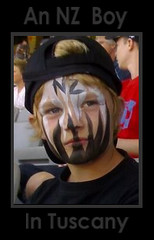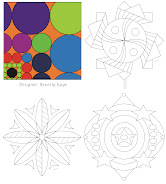Technology fundamentals for Educators
I was recently providing ICT professional development to a cluster of kindergartens. I was inspired by their desire and passion to learn, and to approach technology in early childhood education in a new way. As a final summary we concluded the following:
1. ICT is a tool. Use it to engage children with yourselves, each other and learning opportunities.
2. Technology for a purpose. ICT should be used throughout the curriculum. Scatter technology (computers, laptops, cameras, ipads) where it will be used for a purpose - digital microscope near a collection of bugs, natural resources, science specimens or close to the outdoors. Laptops with typing programmes in an area promoting literacy, cameras where children can easily access, take a photo of their name, and download photos when returned.
3. Start with one thing and do it well. The latest technology on the block can be cool, exciting, trendy to start with (like the ipad) - consider its long term appeal. Choose the thing that you think you can move forward on and commit to it. Make sure its achieveable.
4. Technology is not a babysitter - its a tool that should encourage collaborative learning and teaching. Engage in technology WITH the children.
5. Encourage children/students to be the teacher. You can learn a lot from them. Technology shouldn't be stored until YOU have mastered it - open it with the children and learn together. Encourage children to push buttons. Its unlikely to blow up. Learn from their desire to explore.
DEREK’S BLOG HAS MOVED
5 years ago














